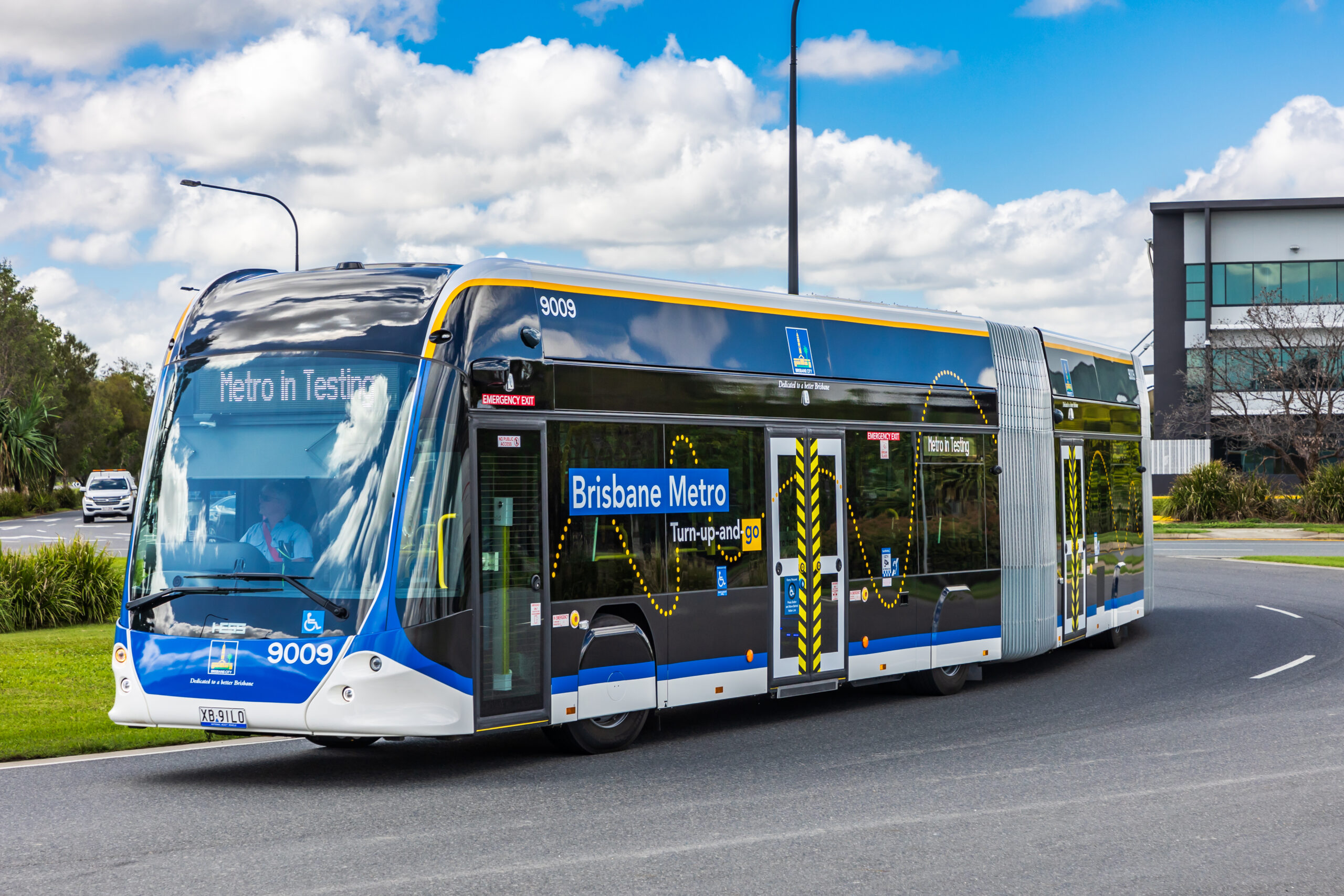Sign up for daily news updates from CleanTechnica on email. Or follow us on Google News!
The Biden administration announced this week that it will provide $521 million in grants to continue building out electric vehicle charging and alternative fueling infrastructure across 29 states, 8 Federally Recognized Tribes, and the District of Columbia, including the deployment of more than 9,200 EV chargers. In a press release, the Federal Highway Administration (FHA) said the new EV infrastructure will increase access and reliability to communities across the country and provide EV charging to light, medium, and heavy duty vehicles along designated highways, interstates, and major roadways. The funds are a part of the administration’s goal of supporting the growth of a convenient, affordable, reliable, and “made in America” national network of EV chargers so drivers can charge close to home, at work, and along significant corridors throughout the US.
Charging infrastructure is being built in rural, suburban, urban, and Tribal communities alike, supplementing private investment and filling critical gaps where charging is needed most. Additionally, this buildout aligns with the National Zero Emission Freight Corridor Strategy by investing in EV chargers for trucks along one of the nation’s largest freight corridors in America. These investments promote EV adoption, emission reductions, economic development and healthy communities.
The funds for this will mainly come from the Charging and Fueling Infrastructure Discretionary Grant Program, for which a new call was launched at the end of May. According to the federal government, there are now over 192,000 public charging points in the US — twice as many as there were when President Biden took office. The number of new EV charger installations during that time has averaged about 1,000 per week. This progress is a testament to the Bipartisan Infrastructure Law and the catalyzing effect it has had on private investments for EV charging infrastructure, the FHA said.
EV Chargers Coming To More Locations
The project allotments are spread fairly equally across the different states. In California, five projects will be funded, including the $3 million “Shingle Springs Band of Miwok Indians CFI Project” which will install 70 charging stations in the Reservation as well as the Route 50 freeway. The largest project in California will receive $102 million for the “West Coast Truck Charging and Fueling Corridor Project” to deploy charging and hydrogen fueling stations for zero-emission medium and heavy duty vehicles along 2,500 miles of key freight corridors in California, Oregon, and Washington. That project will be the largest investment in this latest funding round. The smallest investment will go to a St. Louis suburb named University City which will receive $500,000 to install up to 32 publicly accessible charging points in a historically disadvantaged area. Those EV chargers will help connect residents of University City in the St. Louis metro area.
“The Biden-Harris Administration has taken action to ensure that America leads the EV revolution, and the historic infrastructure package includes resources to support a nationwide EV charger network so that all drivers have an accessible, reliable, and convenient way to charge their vehicles,” said U.S. Transportation Secretary Pete Buttigieg. “The awards that we’re announcing today will build on this important work and help ensure that the cost savings, health and climate benefits, and jobs of the EV future are secured for Americans across the country.”
“Today’s grants are a critical part of ensuring every American can find a charger as easily as a gas station, which will decrease pollution from our roadways, lower costs for families, and help people get to where they need to go efficiently,” added U.S. Transportation Deputy Secretary Polly Trottenberg.
$321 million of today’s investment will be allocated for 41 “community” projects that expand EV charging infrastructure within communities across the country, while $200 million will go to building 10 fast charging corridors in America. The awards also support the Biden administration’s Justice40 Initiative, which aims for 40% of the overall benefits of federal investments to flow to disadvantaged communities. Investing in these communities creates jobs, reduces transportation costs, and helps mitigate healthcare costs caused by air pollution, while ensuring everyone has equitable access to EV chargers. A full list of all the projects that will be funded by these grants is available online at this link.
“As we reach this important milestone in building out the national EV charging network, FHWA remains steadfast in our continued work supporting the deployment of hundreds of thousands of EV chargers over the next several years,” said Federal Highway Administrator Shailen Bhatt. “The EV charging and alternative fueling projects receiving awards today will deliver clean transportation in communities nationwide and put America on a path to lead the world in zero-emission transportation technology while creating good-paying jobs and reducing our carbon footprint.”
Gabe Klein, executive director of the Joint Office of Energy and Transportation, said, “Most EV charging will happen at homes, workplaces, or other destinations while vehicles are already parked, providing a safe, reliable, and vastly more convenient way for anyone to fuel. Today’s investments in public community charging fill crucial gaps and provide the foundation for a zero-emission future where everyone can choose to ride or drive electric for greater individual convenience and reduced fueling costs, as well as cleaner air and lower healthcare costs for all Americans.”
 Chip in a few dollars a month to help support independent cleantech coverage that helps to accelerate the cleantech revolution!
Chip in a few dollars a month to help support independent cleantech coverage that helps to accelerate the cleantech revolution!
Taxpayers Doing What Automakers Refused To Do
Regular CleanTechnica readers may have noticed an article yesterday about the slow-moving process of expanding access to the Tesla Supercharger network, in which several comments excoriated the mainstream automakers for refusing to build EV charger networks of their own. Tesla recognized early on that access to reliable high-speed chargers was a critical component in the EV sales process. Ford, GM, and Stellantis never really thought electric cars would ever appeal to many drivers, so they stood on the sidelines with their hands in the pockets, expecting someone else to do the heavy lifting for them. It is not a stretch to say the money the government is spending to promote the installation of EV chargers is really a subsidy for those companies, who have not spent a dime of their own money to make EV chargers available to their customers.
While others were wailing about the high cost of EV chargers — especially DC fast charging equipment — Tesla buckled down and figured out how to do it faster and at lower cost. It also put a priority on reliability. Today the Tesla Supercharger network is the gold standard of the industry. Of course, in the spring, Elon Musk elected to blow up the Supercharger team for reasons that are still a mystery. Since then, Tesla has stopped building new Supercharger locations at the same pace as it did before, which may be related to price cuts on its new cars, relatively high interest rates, or Elon having a ketamine induced hissy fit.
The upshot of all this is that EV chargers are becoming more prevalent in America. My wife and I have noticed this during our travels around New England in our Chevy Bolt this summer. There are noticeably more chargers scattered about than there were when we bought the car last year, so it’s all good if you are an EV fan. More chargers are coming, and with them will come more electric cars. The EV revolution is happening; it’s just taking a little longer than we thought it would, thanks in large measure to foot dragging by the major car companies who never thought it would happen in the first place.
Have a tip for CleanTechnica? Want to advertise? Want to suggest a guest for our CleanTech Talk podcast? Contact us here.
Latest CleanTechnica.TV Videos
CleanTechnica uses affiliate links. See our policy here.
CleanTechnica’s Comment Policy




